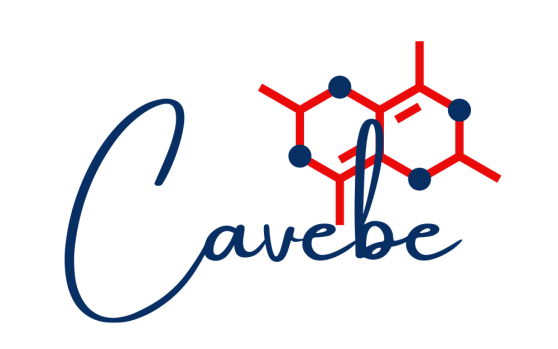The process of applying for a PhD in Australia can be overwhelming and time-consuming. I’ve been in a similar situation a few years ago. Sometimes you won’t even hear back from potential supervisors. Even if you are successful in getting someone to supervise you, there is still a high possibility of not getting accepted to the program. You might feel like a failure. It is very natural to feel frustrated at times or that you aren’t good enough for a PhD. Getting selected for a PhD program in Australia is difficult due to high competitiveness. I remember once my supervisor told me that the school received over 300 applications in one round and the acceptance rate was only 3%. The purpose of this article is to share my experience with you so, that you get some insight into your application process
Step 1: Identify your area of interest.
The very first step is to identify the area of research that you like to explore. It should gear towards the advancement of research and present novel findings. Think carefully before you choose a research topic. A doctoral degree is psychologically and intellectually demanding, so don’t expect it to be a walk in the park. Think whether you can dedicate 3-4 years of your life searching for the unknown horizons of the topic you choose.
Step 2: Develop a research proposal.
Presenting a research proposal to your potential supervisor gives you an opportunity to exhibit your subject knowledge, writing skills, analysis and synthesis skills. The research proposal should be at least 5-6 pages long. It should contain the background to the topic, research gaps, objectives, methodology, expected outcomes and timeline. You can also attach a budget with the proposal, although it isn’t compulsory at this stage.
Continue reading “The PhD application process in Australia for international students”



